
The cover image was created by the transcriber, and is in the public domain.

EDITED BY
GEORGE M. BAKER.
WITH
FORTY FULL-PAGE ILLUSTRATIONS.
BOSTON:
LEE AND SHEPARD, PUBLISHERS.
1877.
COPYRIGHT.
LEE AND SHEPARD.
1877.
BOSTON:
ELECTROTYPED BY ALFRED MUDGE AND SON,
SCHOOL STREET.
UNIVERSITY PRESS, CAMBRIDGE:
WELCH, BIGELOW, & CO.


| PAGE. | |
| “Curfew Must Not Ring To-Night.” | 13 |
| The Glove and the Lions.—Leigh Hunt | 18 |
| A Young Hero. | 21 |
| The Beggar Maid.—Tennyson | 26 |
| Bunker Hill.—G. H. Calvert | 29 |
| Fastening the Buckle.—Samuel Burnham | 34 |
| Hervé Riel.—Robert Browning | 37 |
| The Battle of Lexington.—Geo. W. Bungay | 46 |
| The Brave at Home.—T. Buchanan Read | 50 |
| Kane.—Fitz James O’Brien | 53 |
| The Life-Boat.—Alice M. Adams | 58[Pg x] |
| The Red Jacket.—George M. Baker | 61 |
| Othello’s Story of His Life.—Shakspeare | 66 |
| The Blacksmith of Ragenbach.—Frank Marry | 70 |
| Marmion and Douglas.—Scott | 75 |
| The Loss of the Hornet. | 80 |
| Man the Life-Boat.—Anon. | 84 |
| Sir Galahad.—Tennyson | 87 |
| King Canute and His Nobles.—Dr. Walcott | 92 |
| Outward Bound.—Anon. | 96 |
| The Brides of Venice.—Samuel Rogers | 99 |
| The Landing of the Pilgrims.—Mrs. Hemans | 108 |
| The Days of Chivalry.—Anon. | 112 |
| The Song of the Camp.—Anon. | 116 |
| The Recantation of Galileo.—F. E. Raleigh | 120 |
| Belshazzar.--Trans. from Heine | 124 |
| Liberty.—From William Tell. By J. Sheridan Knowles | 128 |
| The Fishermen.—Whittier | 131 |
| Excelsior.—Longfellow | 136 |
| The Soldier.—Robert Burns | 140 |
| John Maynard. | 143[Pg xi] |
| Excalibur.—Tennyson | 148 |
| The Death of Arthur.—Tennyson | 152 |
| A Wet Sheet and a Flowing Sea.—Allan Cunningham | 156 |
| The Leap of Curtius.—Geo. Aspinall | 159 |
| The Ride from Ghent to Aix. | 164 |
| A Yarn.—Mary Howitt. | 169 |
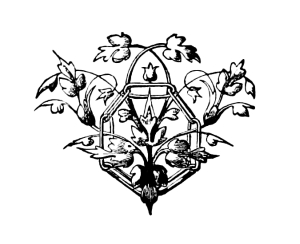



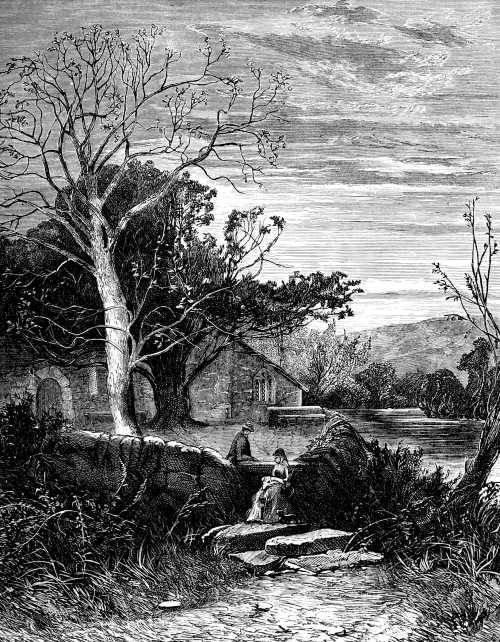



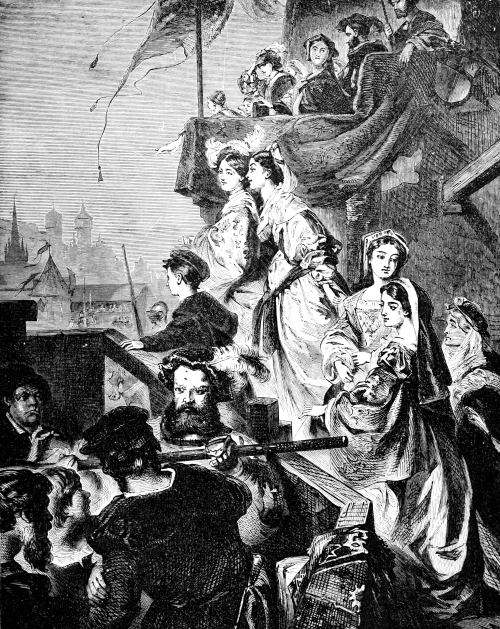


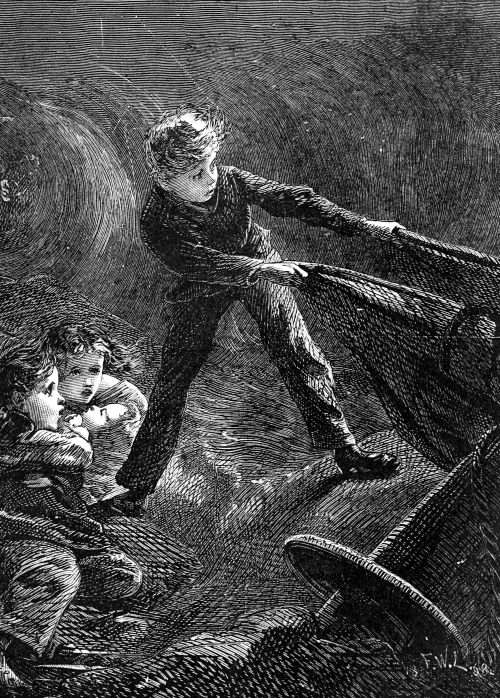

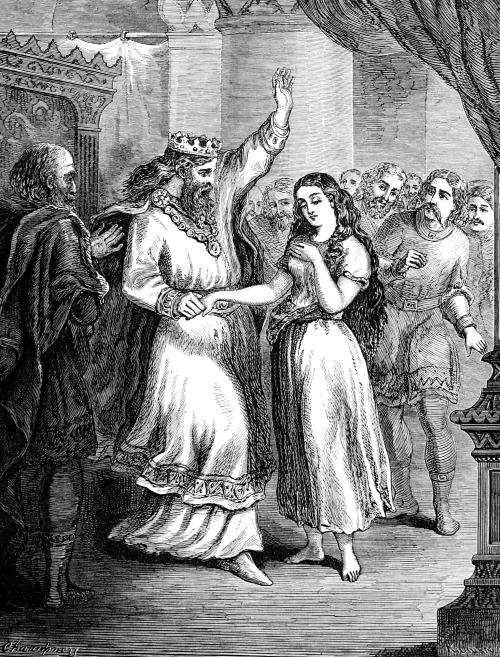


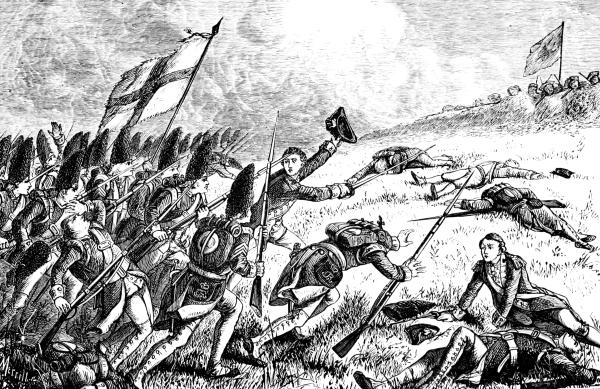
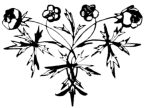


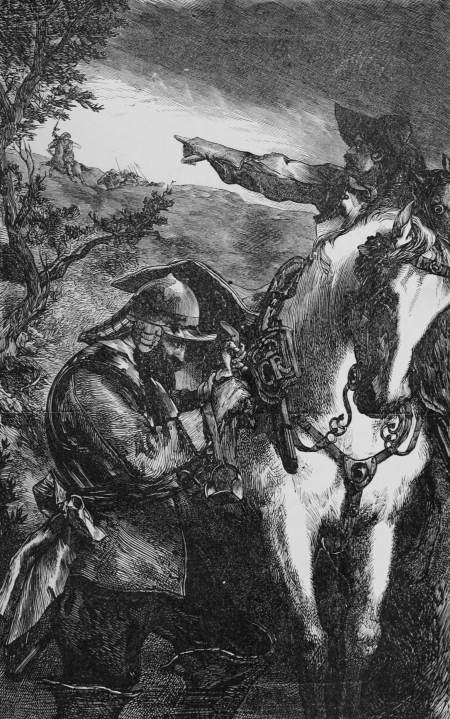


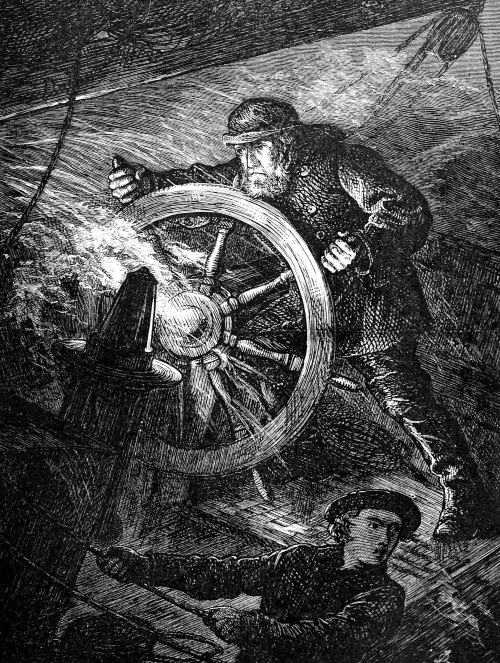
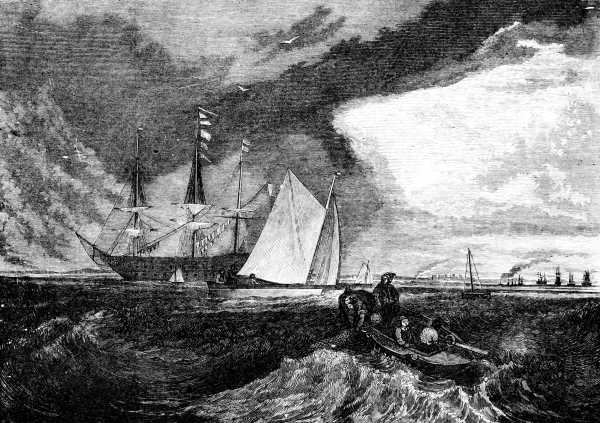


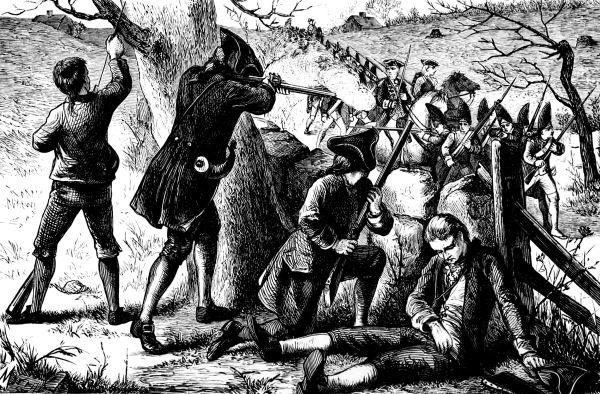



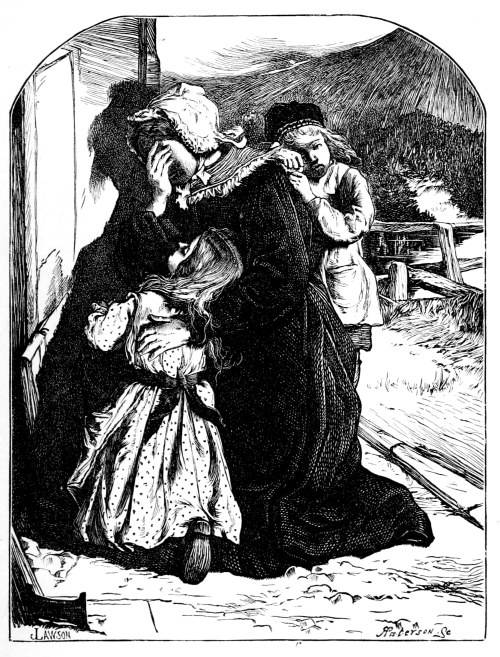


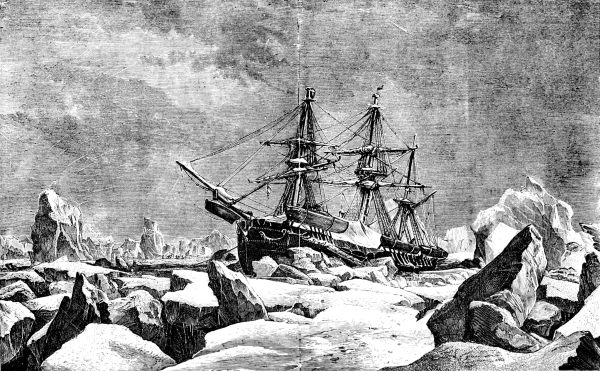



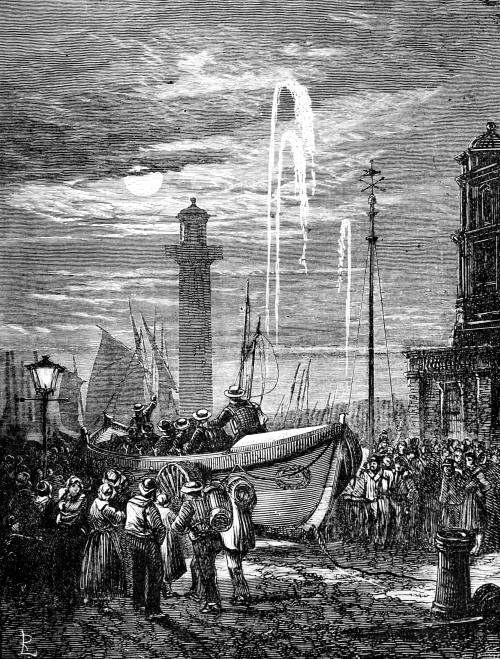


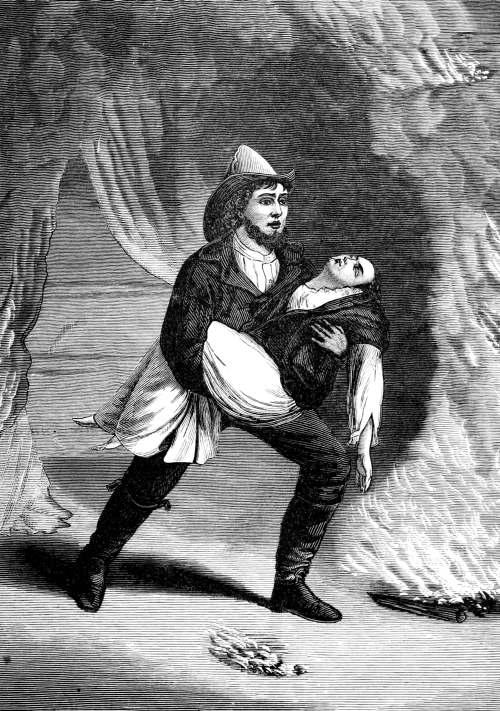

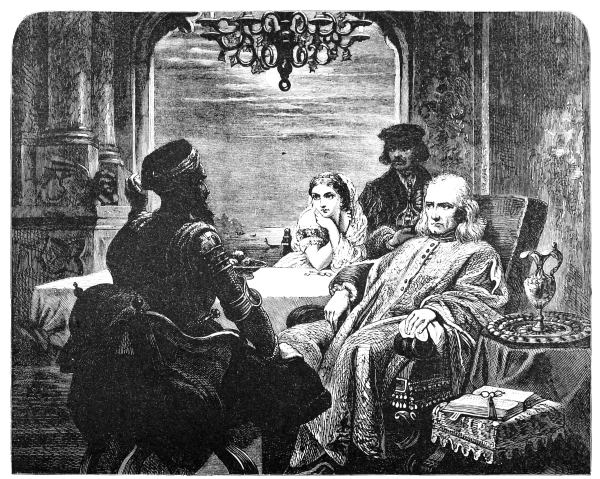



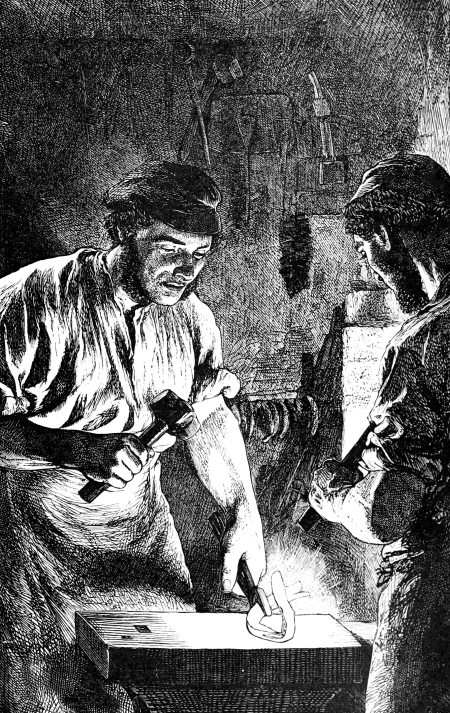


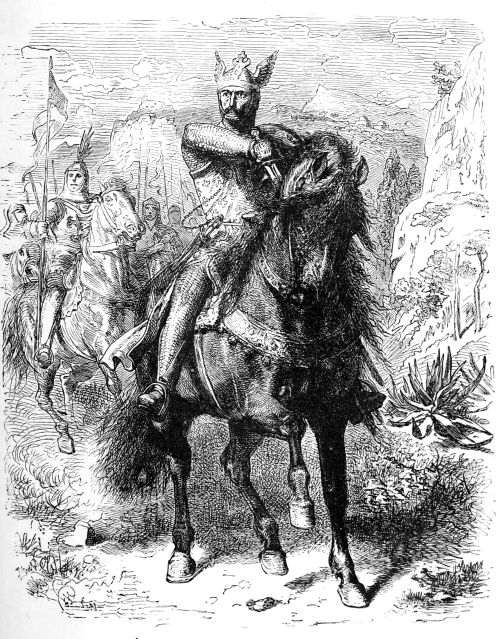


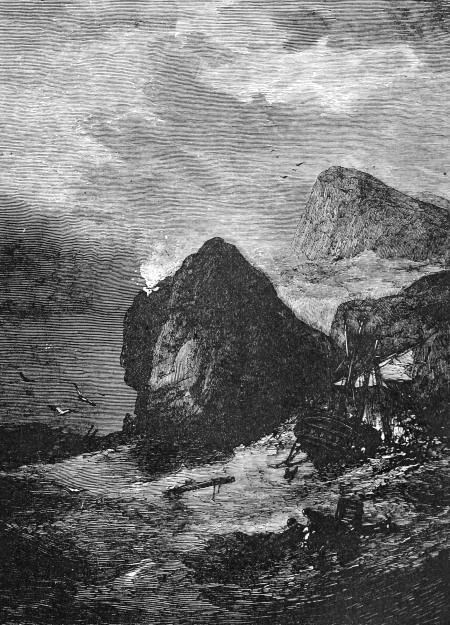
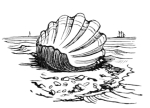


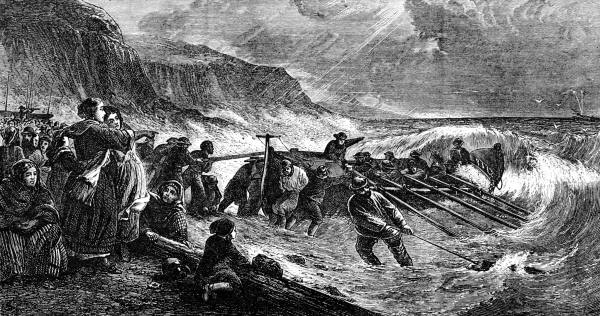


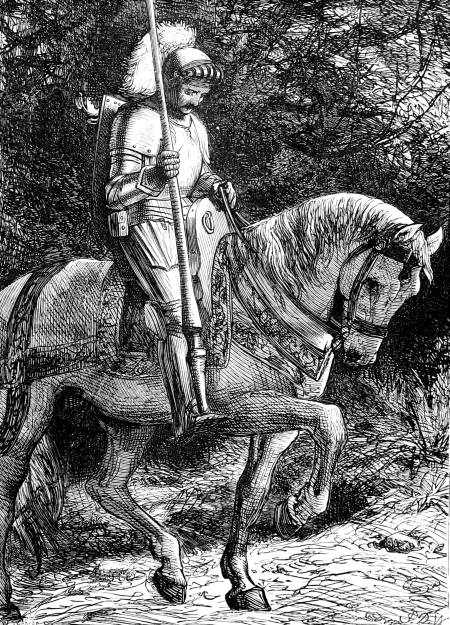


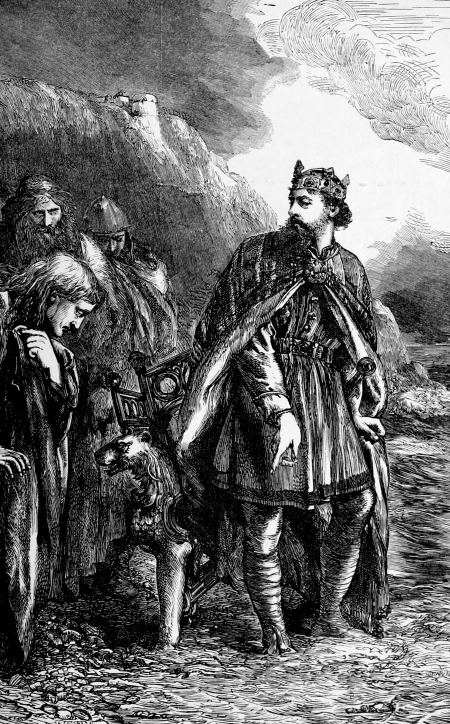



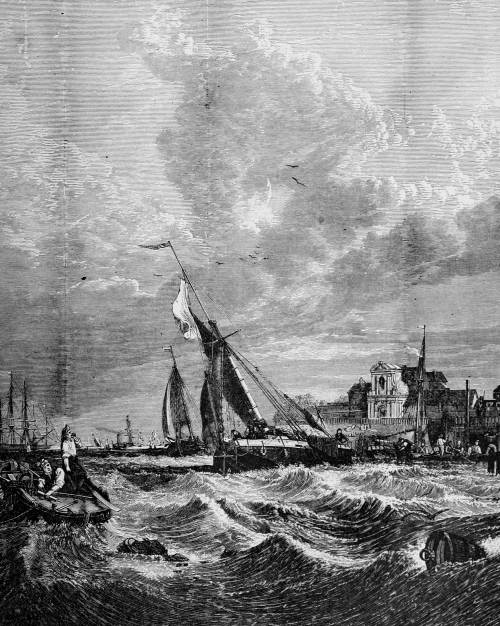


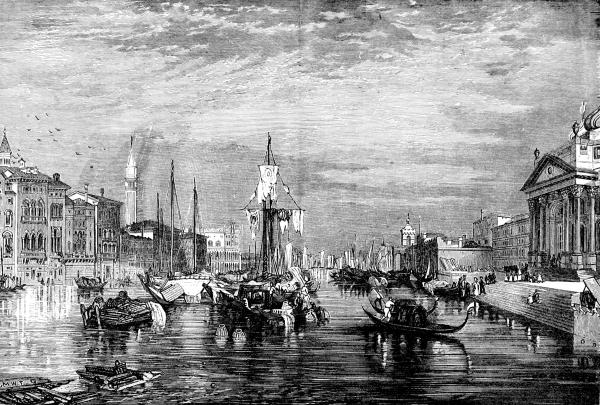
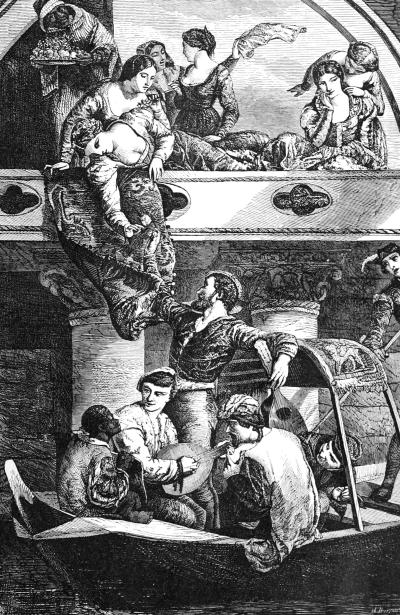



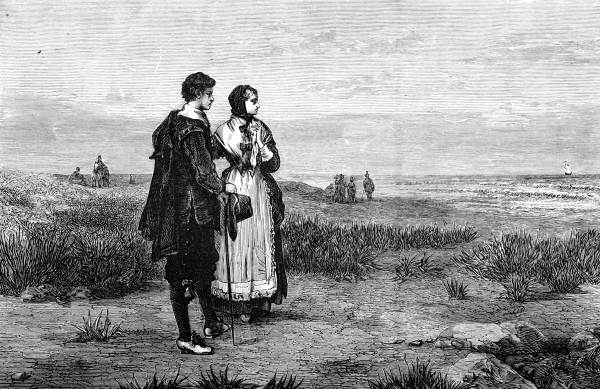



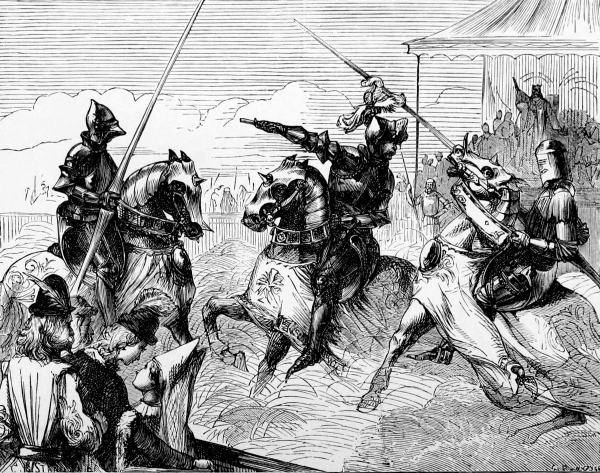






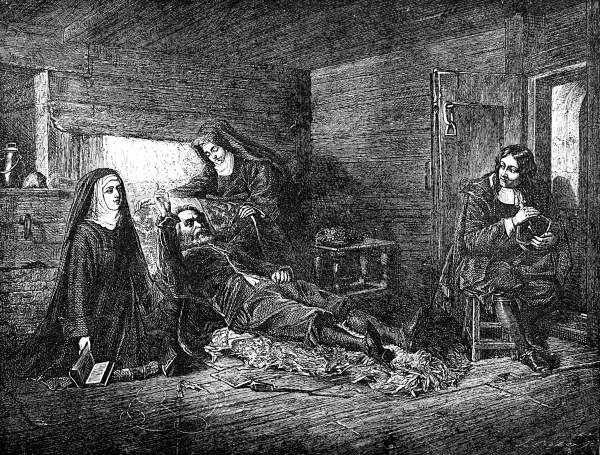



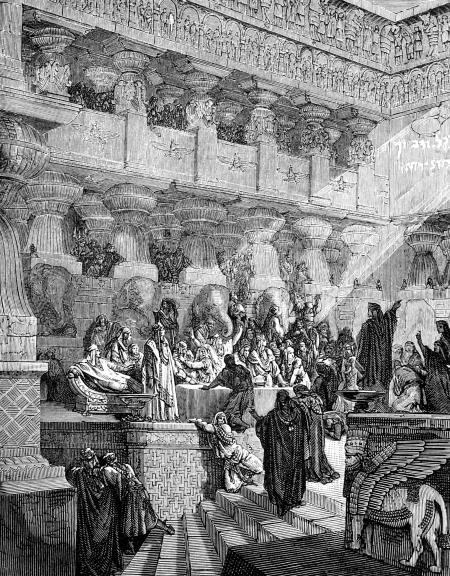
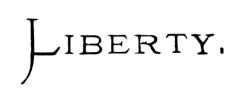

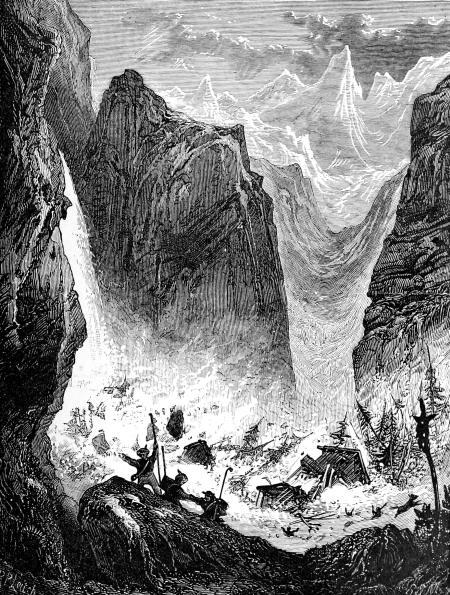

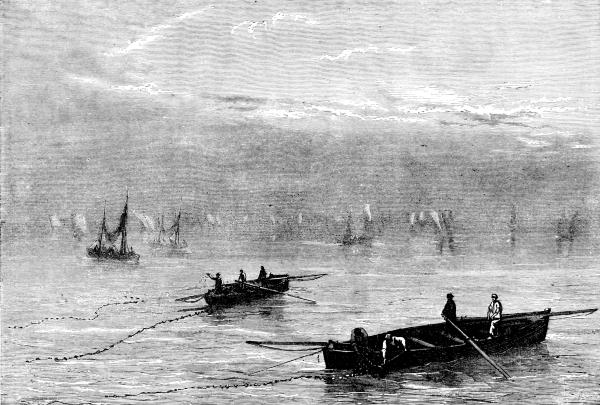


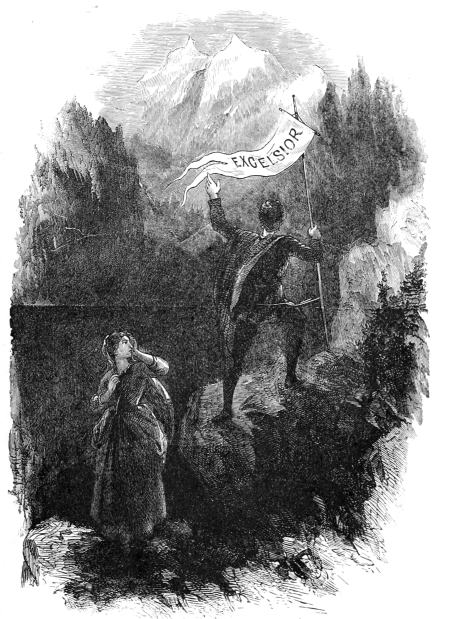


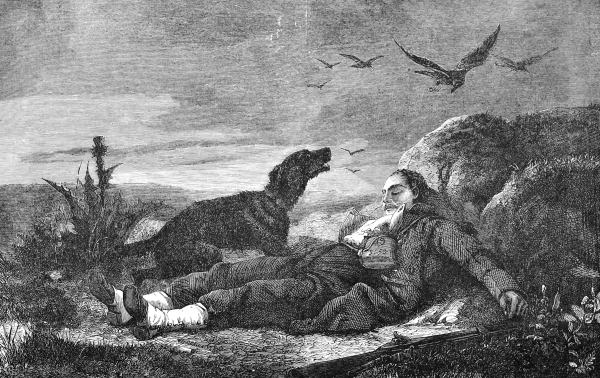


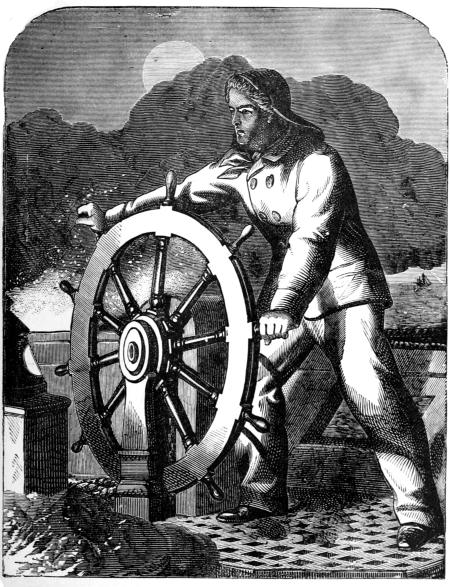


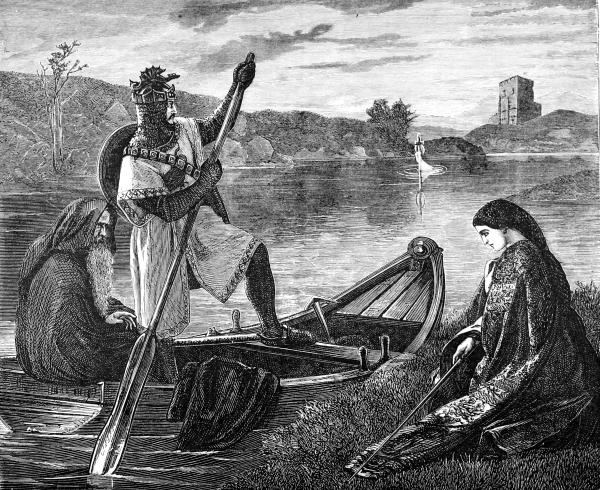



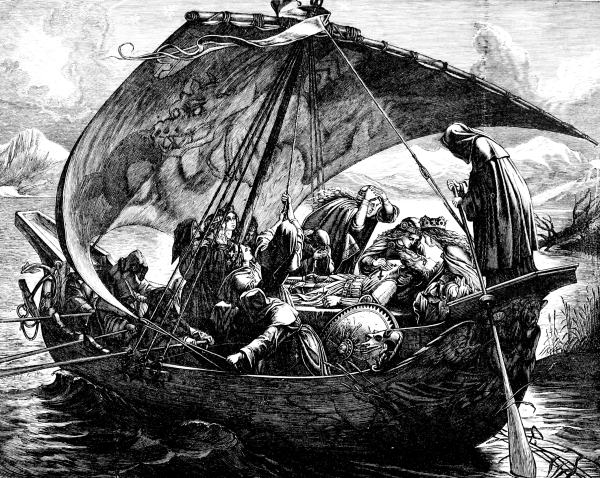



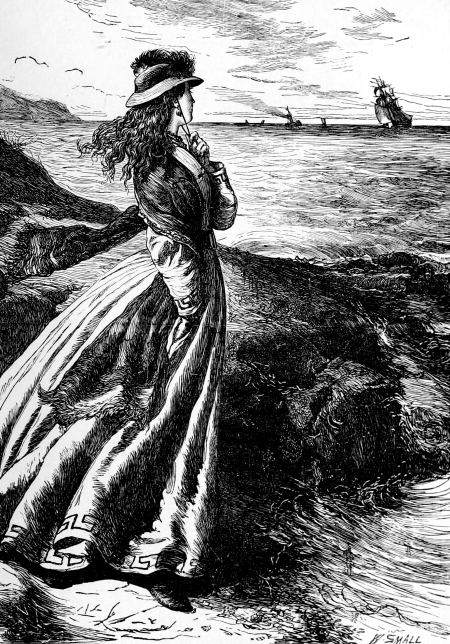


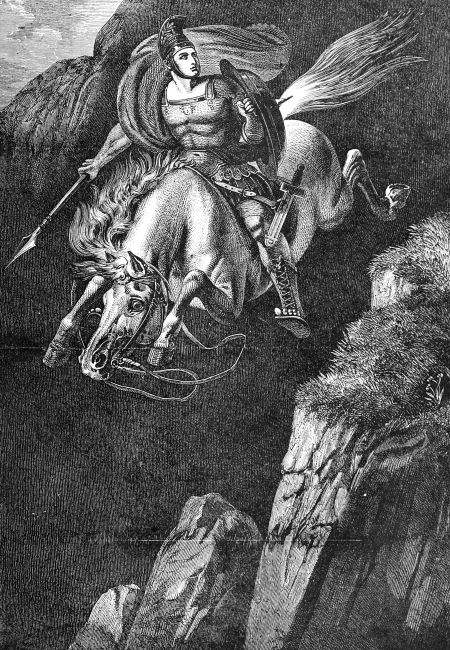



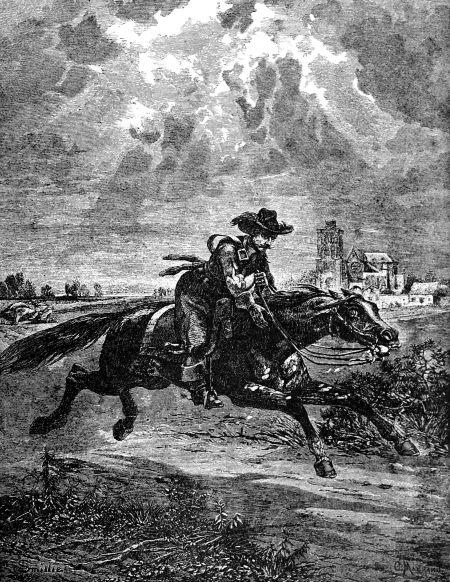



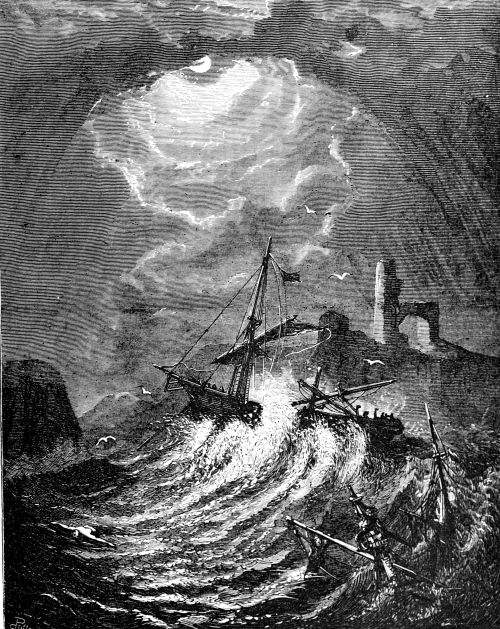
Transcriber Notes:
Uncertain or antiquated spellings or ancient words were not corrected.
The illustrations have been moved so that they do not break up stanzas.
Errors in punctuation and inconsistent hyphenation were not corrected unless otherwise noted.
Typographical errors have been silently corrected but other variations in spelling and punctuation remain unaltered.
In TOC, corrected "Excelsior" reference from 137 to 136.